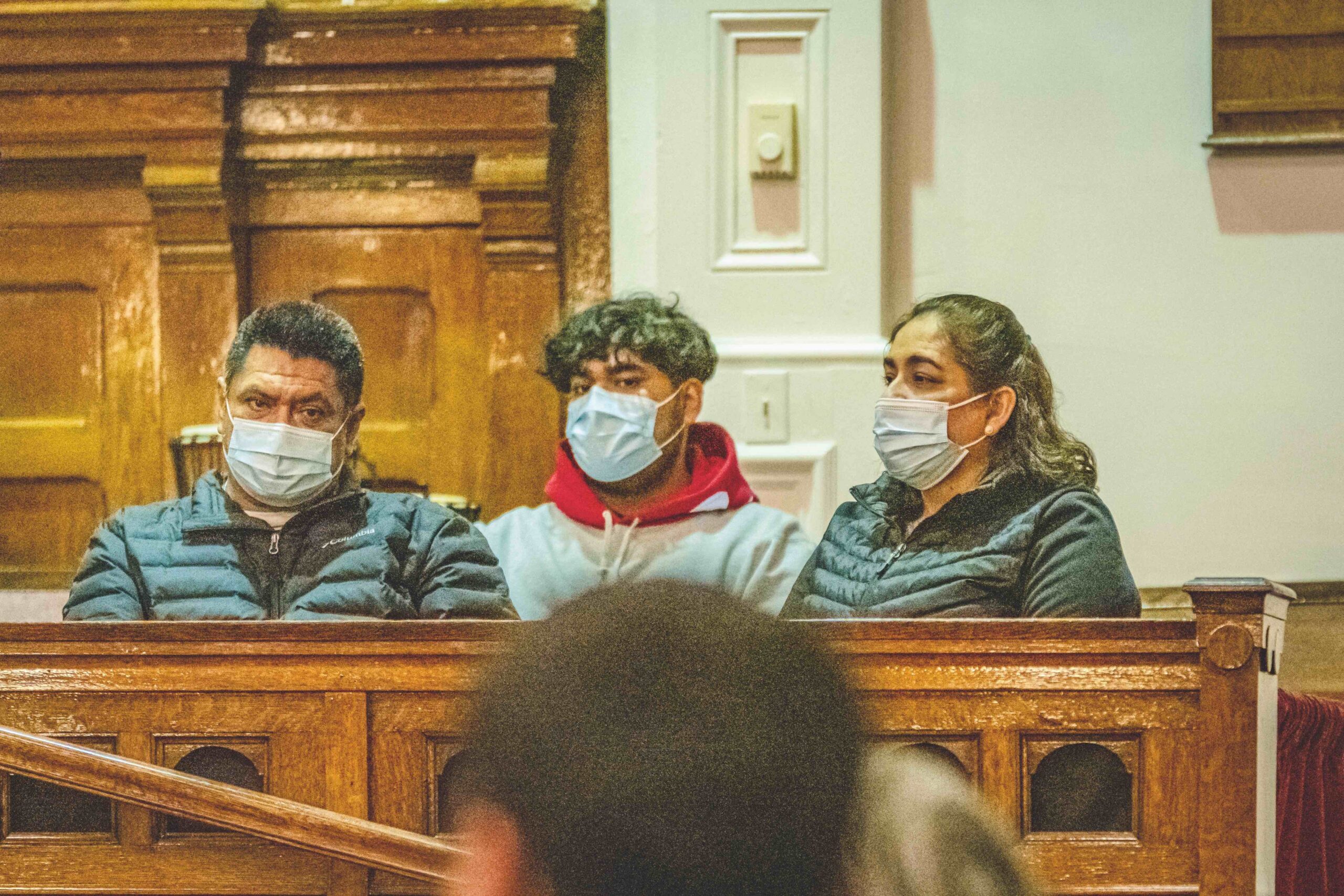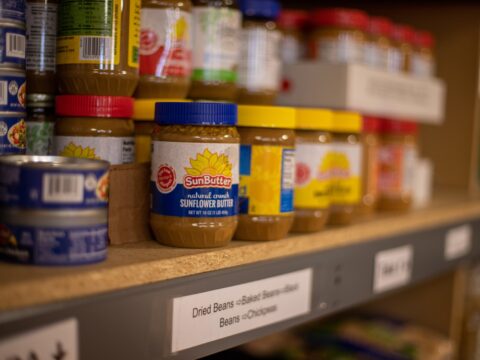After the Rodriguez-Flores family received a letter of deportation last October stating that their asylum request had been denied, community members and organizers reached out to places of worship asking them to grant sanctuary protection to the family. Plymouth-Trinity United in Sherbrooke, Que., said yes, and on Nov. 8, Georgina, Manuel and their 18-year-old son, Manolo, began living in the church.
At press time, the family resided in its basement chapel, unable to leave the premises without risking arrest. They are seeking Canadian residency on humanitarian grounds.
The Rodriguez-Flores family fled to Canada in 2018 when their restaurant in the Coahuila region of northeastern Mexico was set on fire by the notoriously violent Los Zetas drug cartel in retaliation for their refusal to sell drugs. Faced with asylum denial, they had two options: return to Mexico and risk the drug cartel’s violence or stay in Canada illegally. Neither option was feasible for the family, who wish to live and work securely.
More on Broadview:
- I’m ashamed of what some of my fellow Russians believe about Ukraine
- Berlin’s radical renter movement has lessons for Canada’s big cities
- Detained abroad? Turns out, Canada isn’t legally required to help you
While many refugees and asylum seekers manage to secure legal status in Canada after being granted sanctuary protection — a practice whereby churches offer asylum, especially for refugees denied immigration status — there is no guarantee of a positive outcome.
“They’re in this…limbo, where they don’t know how long it’s going to take,” says Shanna Bernier, a staffperson with Nakonha:ka Regional Council.
Due to the fact that they sought refugee status in 2009, but were rejected under the Canada-United States Safe Third Country Agreement, the Rodriguez-Flores family haven’t been offered a hearing as part of the process, nor have they had an opportunity to formally present their case.
“When people are trying to flee from something that they say is dangerous and life-threatening, then we should believe them,” Bernier adds. “[It’s] unjust that…they’ve been essentially dismissed without a fair hearing.”
***
Albina Retyunskikh is a copywriter and freelance journalist based in Montreal. This story first appeared in Broadview’s April/May 2022 issue.















